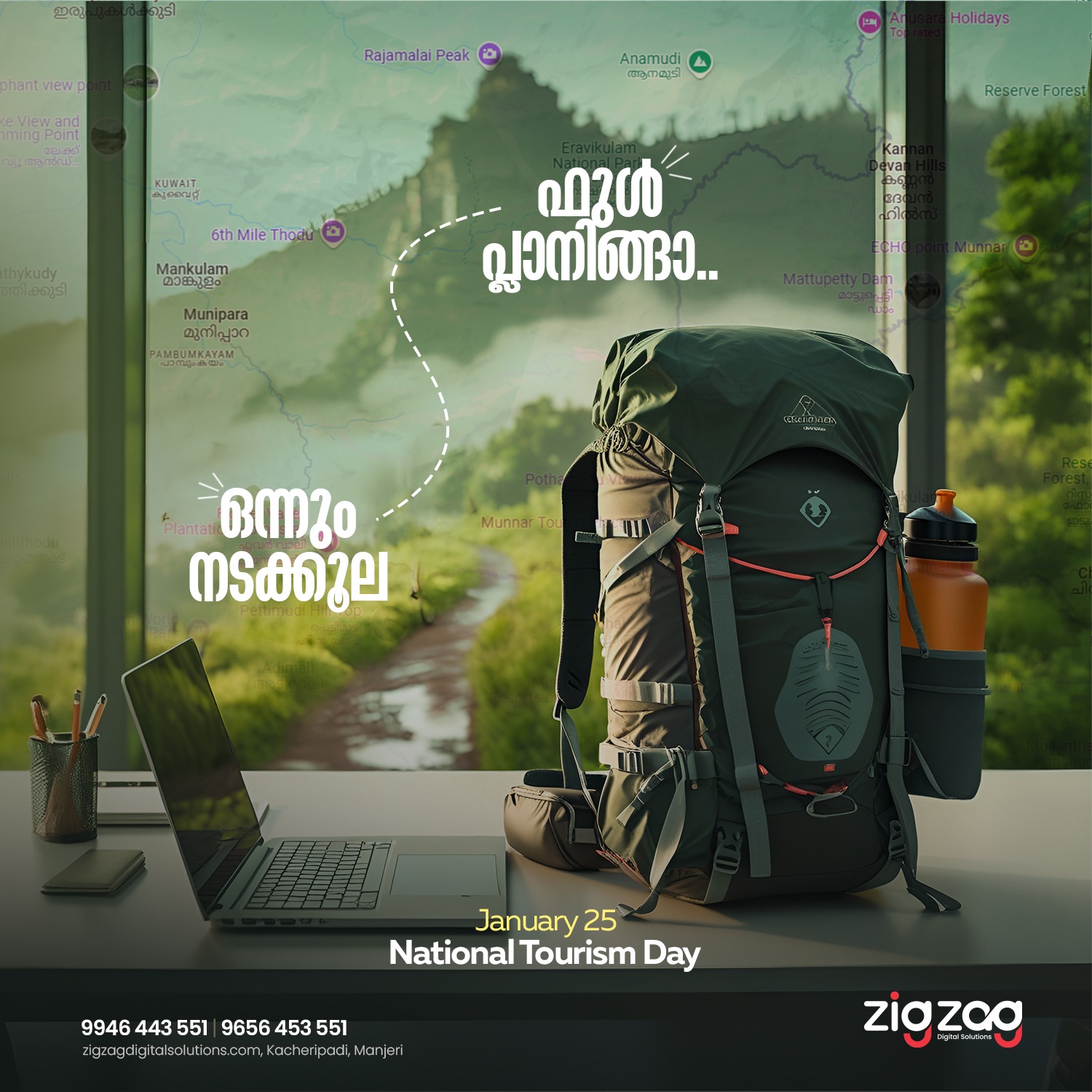
The Role of Digital Marketing in Transforming Tourism
Tourism Day is more than just a celebration of global travel; it’s a moment to recognize how modern tools have revolutionized the way people explore the world. Digital marketing, in particular, has played a pivotal role in this transformation, bridging the gap between travelers and destinations like never before.
Tourism Meets Technology
Gone are the days when travel planning relied solely on guidebooks and word-of-mouth. Digital marketing has empowered travelers with real-time information, virtual tours, and user-generated reviews. From exploring a destination's beauty through Instagram reels to reading blog posts that detail offbeat locations, digital platforms are a treasure trove of inspiration.
For businesses in the tourism industry, this has opened up unparalleled opportunities. Small-scale operators can now showcase their unique offerings to a global audience, while large tourism boards can run targeted campaigns that appeal to specific demographics.
Storytelling: The Heart of Tourism Marketing
Travel is not just about reaching a destination—it’s about the experience, the culture, and the memories created. Digital marketing thrives on storytelling, using visuals, blogs, and social media to craft narratives that evoke wanderlust. Platforms like YouTube, Instagram, and TikTok have become essential for sharing travel stories that connect emotionally with audiences.
Moreover, influencers play a crucial role in this landscape. Their authentic experiences resonate with followers, encouraging them to explore new places. By collaborating with travel influencers, brands can tap into niche audiences and drive engagement.
The Power of Personalization
In the era of digital marketing, one-size-fits-all approaches no longer work. Personalization has become key to successful campaigns. Whether it’s tailored email recommendations, dynamic ads showcasing local attractions, or AI-powered chatbots assisting travelers, personalization ensures a seamless and satisfying customer journey.
For example, travel platforms like Expedia and Airbnb use data to suggest personalized itineraries, accommodations, and experiences. These targeted efforts not only improve the user experience but also build brand loyalty.
Promoting Sustainability Through Digital Channels
With the growing emphasis on sustainable tourism, digital marketing serves as a powerful tool to promote eco-friendly travel practices. Campaigns highlighting green initiatives, local businesses, and off-season travel options encourage responsible tourism. By educating travelers about their impact and offering sustainable choices, the industry takes a step toward preserving destinations for future generations.
Challenges and Opportunities
While digital marketing offers endless possibilities, it also comes with challenges. The ever-changing algorithms of social media, the need for high-quality content, and increased competition demand continuous adaptation. However, for those who embrace innovation and stay attuned to trends, the rewards are immense.
Conclusion
This World Tourism Day, let’s celebrate the transformative power of digital marketing in shaping the way we travel. From making remote destinations accessible to fostering meaningful connections, digital tools have redefined the tourism experience. For businesses and travelers alike, the future of tourism lies in leveraging the digital world to create unforgettable journeys.
So, whether you’re a travel enthusiast or a marketer in the tourism sector, remember that the next adventure often begins with a digital spark!











